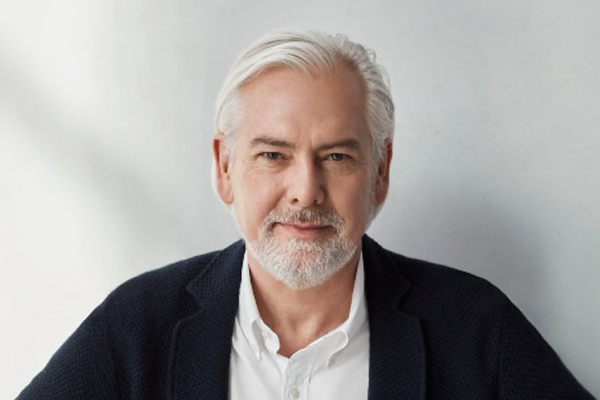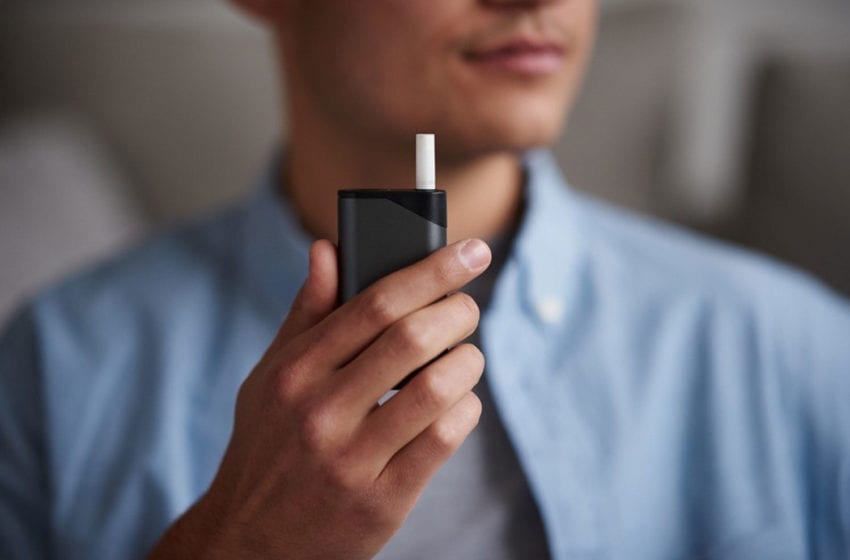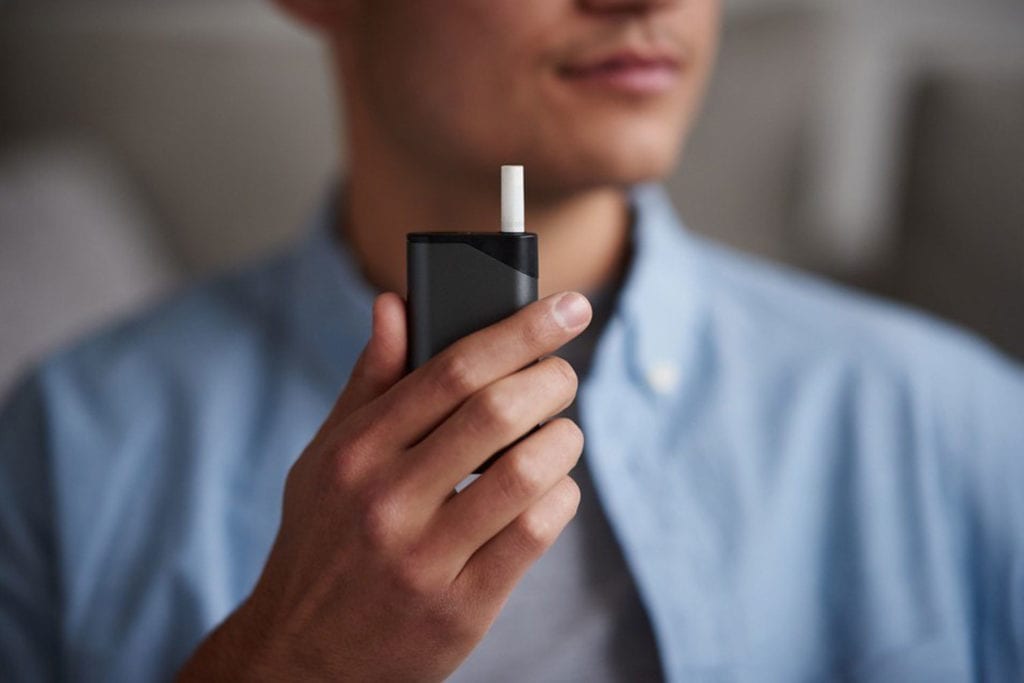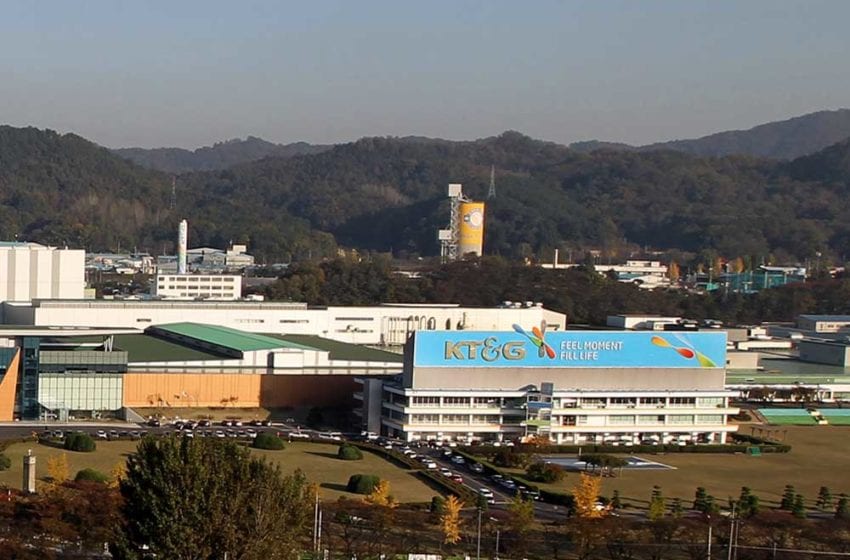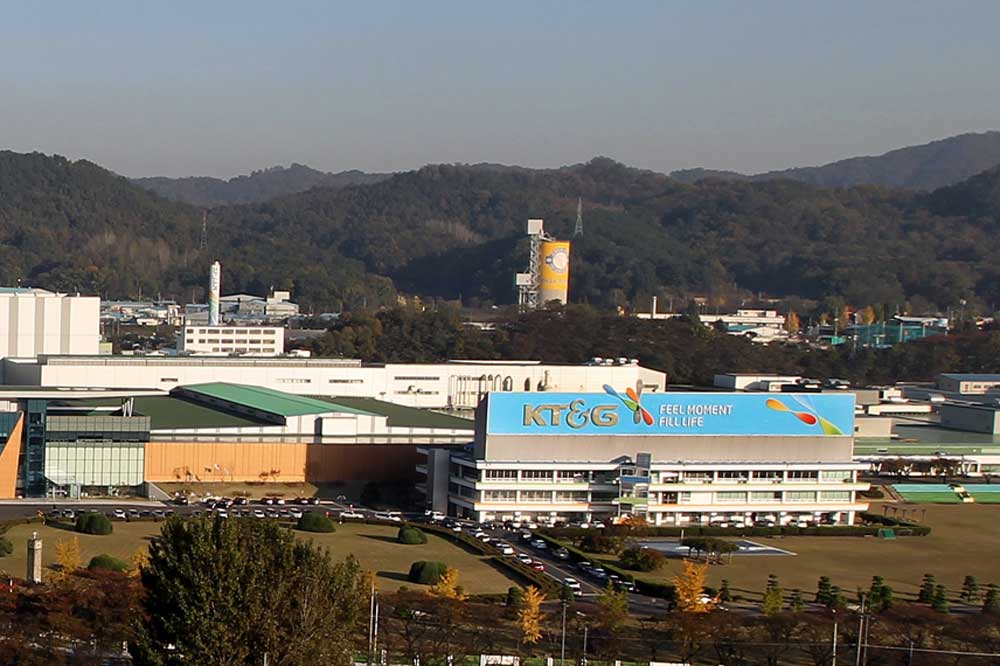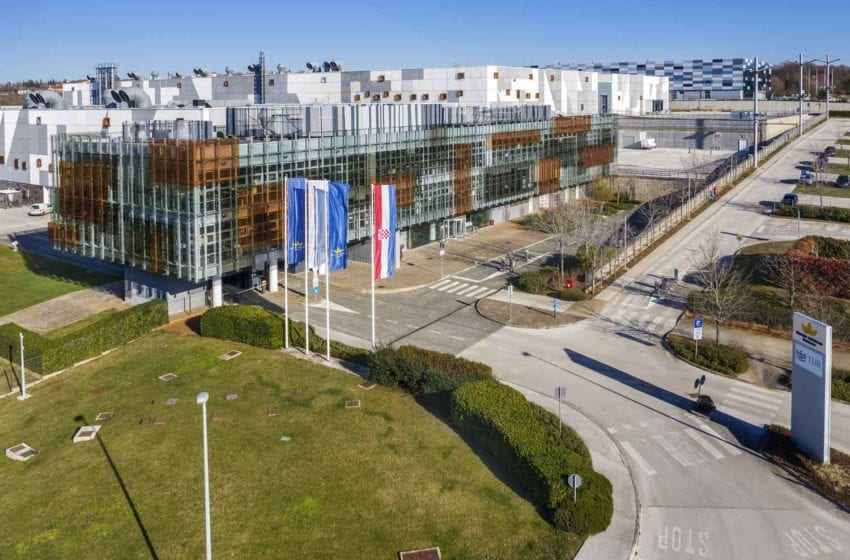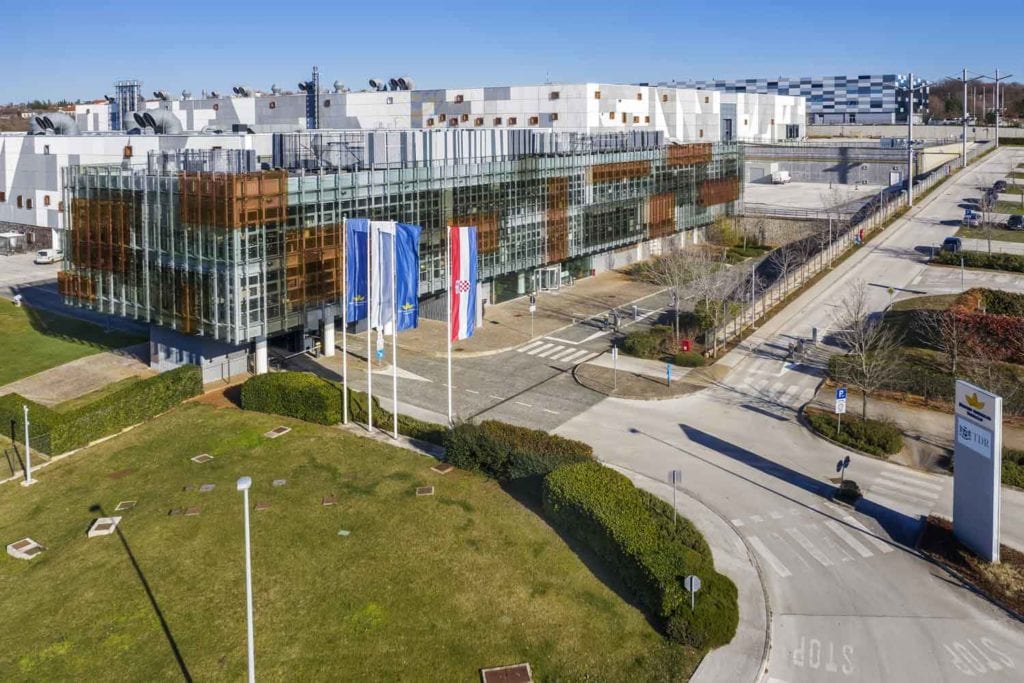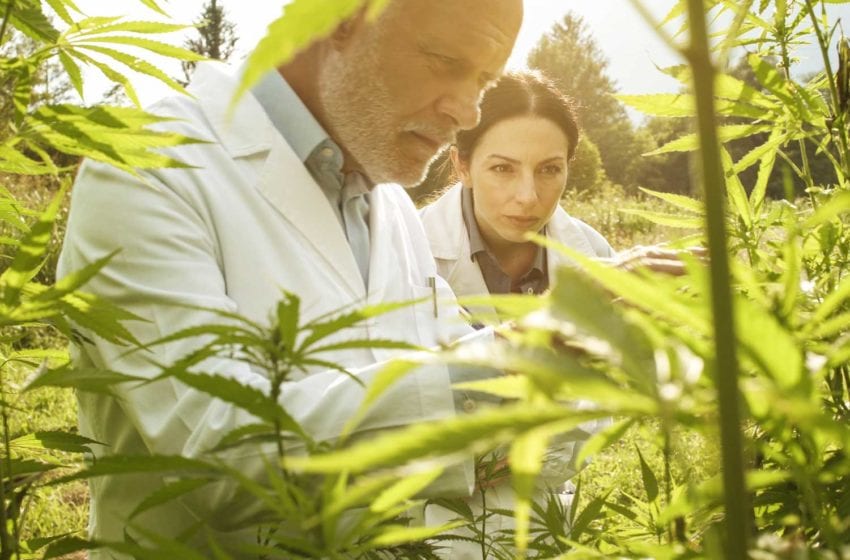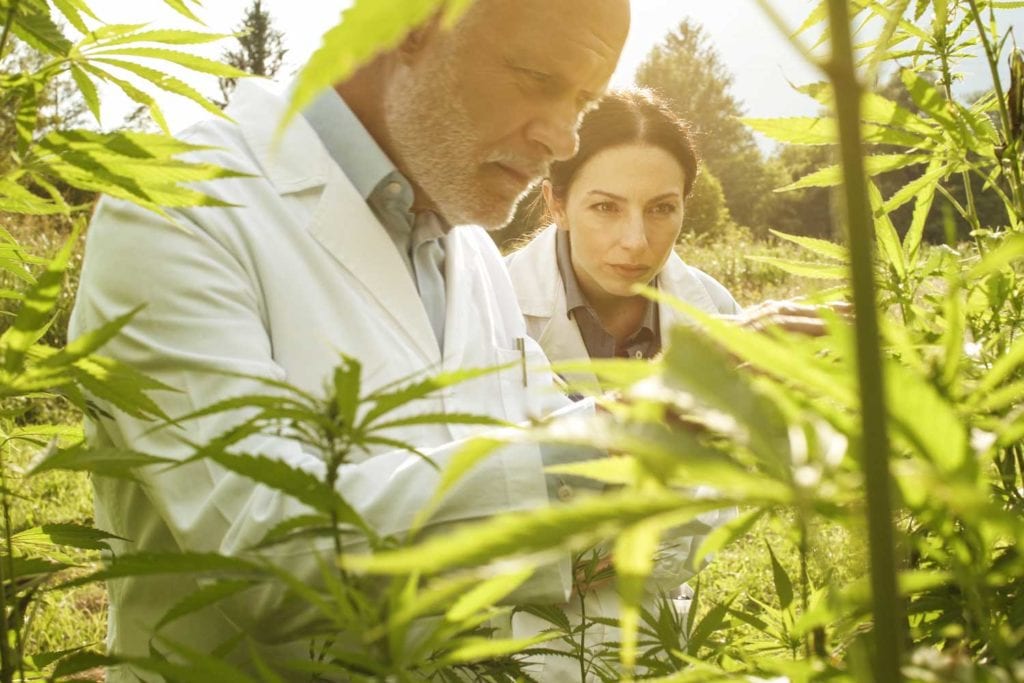Presenting at the Goldman Sachs Global Staples Forum on May 18, Philip Morris International CEO Jacek Olczak highlighted the next steps in the company’s strategy to becoming a majority smoke-free company in terms of net revenue by 2025.
Olczak highlighted IQOS’ strong and accelerating topline momentum and potentially lucrative opportunities to expand beyond nicotine into broader lifestyle/wellness markets, such as high-margin botanicals and respiratory drug delivery.
IQOS added more than 1.5 million users in the first quarter of 2021, according to Olczak—well above its historical average of 1 million new users per quarter. Robust conversions at 70 percent to 80 percent continue to dwarf the average conversion rates of many vapor products, which are in the mid-teens.
The heat-not-burn device is now available in 66 markets, with a user base of 19.1 million, of which 14 million have stopped smoking and fully converted to IQOS.
Olczak was particularly excited about the launch, scheduled for the second half of 2021, of PMI’s ILUMA IQOS product, which he believes could drive even higher conversion rates and margins as PMI continues to leverage its fixed cost base on IQOS while streamlining its customer acquisition and retention.
Olczak also reviewed management’s ongoing efforts to digitalize and simplify business processes, including PMI’s commercialization strategies around IQOS. According to him, these efforts have already yielded $60 million of gross savings in selling, general and administrative expenses toward management’s target of $1 billion in 2021–2023.
Olczak believes that PMI’s digitalization efforts will not only further reduce the cost of acquiring and retaining new users and ultimately drive more profitable growth but also accelerate conversion and customer acquisition, especially with the eventual global rollout of PMI’s digital customer experience.
Olczak also touched on PMI’s longer term opportunities beyond heat-not-burn and vaping, including nicotine pouches and next-generation devices.
Management is also looking into adjacencies, such as broader lifestyle/wellness markets, such as high-margin botanicals (including pure CBD) and respiratory drug delivery. The company aspires to achieve at least $1 billion in incremental net revenue from its beyond nicotine efforts by 2025.
Olczak expressed optimism about PMI’s competitive advantages in terms of its capabilities around product safety and efficacy and validating/substantiating scientific claims.





